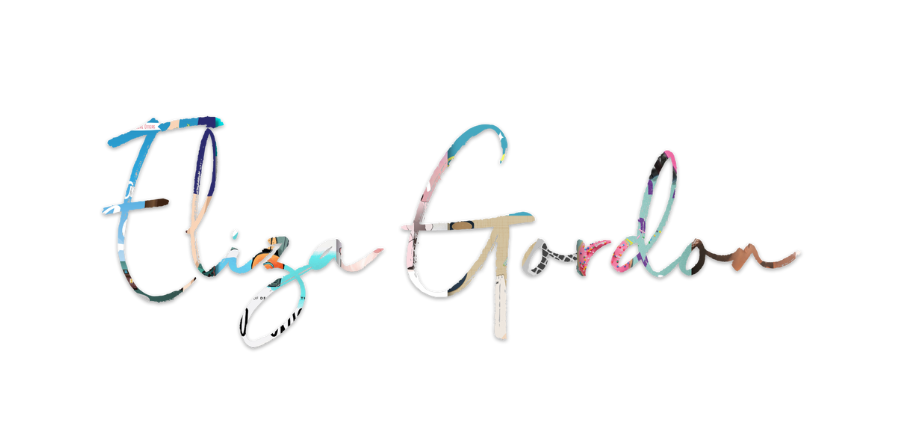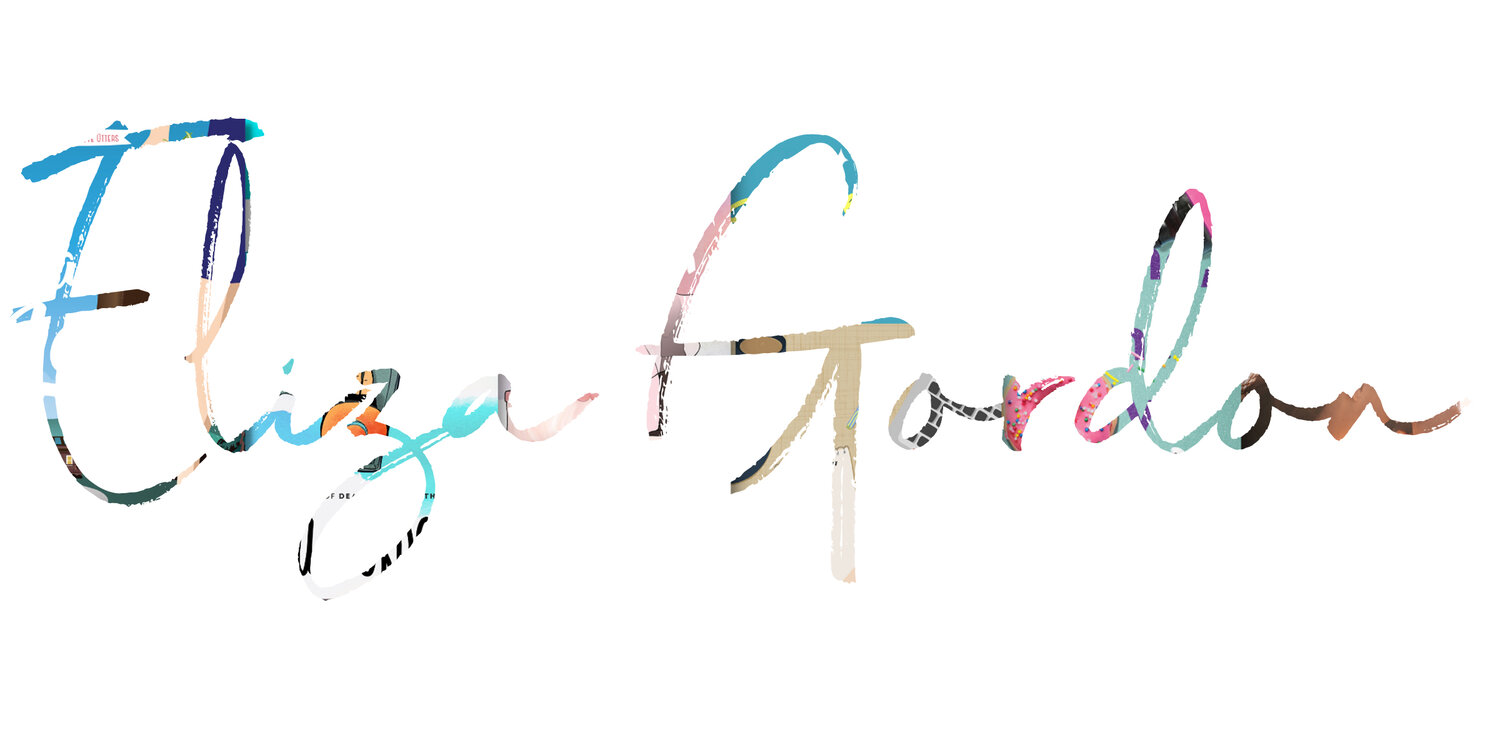PEEK BEHIND THE CURTAIN: Why Do Writers Use Pen Names?
Nom, nom, nom. NO WRITING. ONLY PAY ATTENTION TO THE CAT, said the cat.
I get asked this A LOT: Why do you write under two names, especially if those names aren’t a secret? Why do famous authors like Nora Roberts and J. K. Rowling do this?
Well, lots of reasons! I have author friends who go by their pen names and only their pen names, like, all the time. It can be years before I even learn the name they were born with. Isn’t that crazy? What’s weirder—that person is known as Mary to the rest of her family and friends outside of writing, but I only know her as Angeline. It’s the strangest thing!
So, why would a writer use a pen name?
1. Confidentiality: Some of my friends write stuff they don’t want their coworkers, kids’ teachers, other kids’ parents, neighbors, bosses, or even life partners to know about. That can include everything from scary vampire to gory horror to steamy, off-the-charts erotica. Some writers want and/or need to keep their writing life completely separate from their day-to-day life, so that’s where a top-secret pen name might come into play. It’s very freeing to know you can write about something naughty or scary, and it won’t come up at a board meeting or in your employee review with an ultraconservative or snobby boss.
2. Anonymity: Sometimes fans can be a little scary. (Not you guys! I love you guys!) With today’s technology, it’s super easy to find where someone lives with just a few keystrokes. I’ve heard of writers going off the grid and only coming back up to put out new work under a completely different name after experiencing threats or other harm to their person or families. Also? Some writers want to make sure their kids or partners are protected from outside attention. Not everyone is an attention-seeking werido like me.
3. BRANDING: This is why I write under two names. I write young adult (YA) fiction under my legal name, Jennifer Sommersby, and the romantic comedy/women’s fiction books under Eliza Gordon. This is so, say, a 14-year-old reader who’s read my young adult novel, SLEIGHT, decides to check out my other books. She goes and picks up MUST LOVE OTTERS because (hypothetically) it’s under the same name (which it’s not), and then I get an email from her mom because she had to explain why a heart condition + Viagra + single malt scotch didn’t turn out so great for Batman Jerry. Sommersby is kid friendly; Gordon is intended for a 16+ audience because I like penis jokes. Having two names keeps my brands separate. It is also VERY confusing when I do a book signing—I have to remember who I am that day so I don’t sign the wrong name.
Think about Nora Roberts vs. JD Robb, though. Same author but two VERY different styles of books, right?
4. Gender respect: Believe it or not, the name on the front of a book can have an impact on a buyer’s choice. The powerhouse author behind Harry Potter had this to say in an interview with CNN’s Christiane Amanpour: “My publisher, who published Harry Potter, they said to me, ‘We think this is a book that will appeal to boys and girls,’ so they said, ‘Could we use your initials?’
“Because, basically, they were trying to disguise my gender. And obviously that lasted about three seconds, which is wonderful.” Weird, but true!
I hope this sheds some light on the practice of employing pseudonyms. It’s a time-honored tradition for MANY writers, often out of necessity. Did you know George Eliot, acclaimed novelist and poet who wrote Middlemarch and Silas Marner, was actually a woman? Her real name was Mary Anne Evans. Mind blown!



